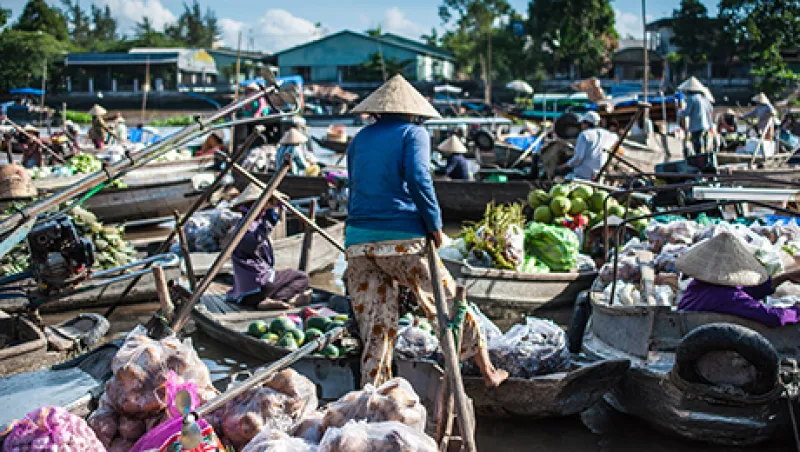
Vietnam Won’t Live or Die by the TPP
The Trans-Pacific Partnership could help integrate Vietnam into the global economy, but will it pass?
Jen Werner
August 18, 2016


